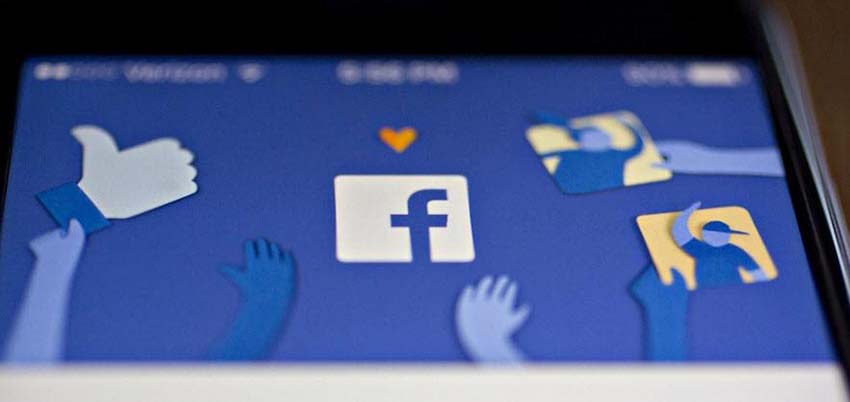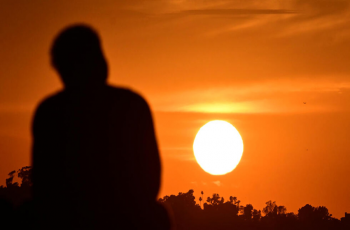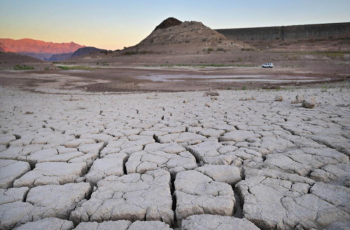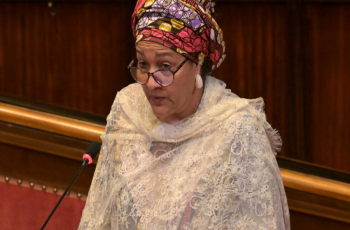How Trustworthy Does Facebook Think You Are? You May Be Able To Find Out
The fake news industry is pretty global, after all

Photo Credit : Zero Hedge
Facebook is apparently rating users on their trustworthiness, on the basis of how often and how accurately they flag fake or offensive content.
According to the Washington Post, the company is rating users on a 0 to 1 scale though Facebook's edged away from this description in statements since. "We developed a process to protect against people indiscriminately flagging news as fake and attempting to game the system," says the company now, without going into any details.
It was Facebook executive Tessa Lyons who told the Washington Post about the rating system, explaining that it arose from the company's fact-checking program, introduced in 2016. If users were going to be flagging suspect content, she explained, Facebook needed to know which people were reliable. "People often report things that they just disagree with," she said.
Some might find it a bit rich that Facebook, of all companies, is setting itself up as an expert on trustworthiness the company didn't exactly cover itself in glory in that regard when turning a blind eye to the harvesting of 50 million user profiles by Cambridge Analytica, after all. However, it clearly has to have some sort of vetting process in place if it's to prevent the flagging system being gamed.
What does send a bit of a shiver down the spine, though, is how remarkably reminiscent the trustworthiness rating is of the 'social credit' system now being rolled out across China. Through this, citizens are assigned a score based on their behaviour including posting what the government views as 'fake news' online.
Facebook hasn't made it clear whether it's running its trustworthiness system throughout the world but it would be hard to see its usefulness if not. The fake news industry is pretty global, after all.
And this means that, thanks to the new General Data Protection Regulation (GDPR), users in the EU now have the right to find out whether the company is rating their trustworthiness or not, and exactly what conclusions it's come to.
This article originally appeared on : Forbes
-

Moldovan youth is more than ready to join the EU
2024-04-18 -

UN says solutions exist to rapidly ease debt burden of poor nations
2024-04-18 -

'Human-induced' climate change behind deadly Sahel heatwave: study
2024-04-18 -

Climate impacts set to cut 2050 global GDP by nearly a fifth
2024-04-18 -

US sterilizations spiked after national right to abortion overturned: study
2024-04-13 -

Future of Africa's flamingos threatened by rising lakes: study
2024-04-13 -

Corporate climate pledge weakened by carbon offsets move
2024-04-11 -

Humanity lost 'moral compass' on Gaza: top UN official
2024-04-10 -

No.1 Scheffler says patience and trust are secrets to success
2024-04-10 -

From homeless addict to city chief: the unusual journey of Canadian mayor
2024-04-10
